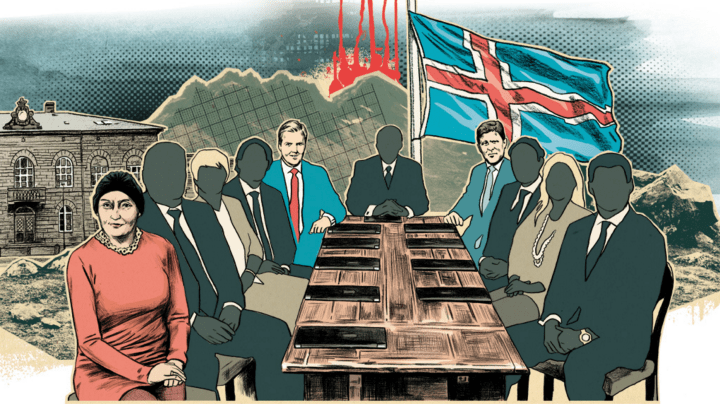
Updated on 04-14-2016 by Lulu Chang: Swiss bank whistleblower claims U.S. intelligence agency behind data leak
The Panama Papers, which took dozens of international journalists a full year to analyze, link 72 current or former heads of state, and include a series of shell companies that allowed the rich and famous of the world to take advantage of offshore accounts and evade taxation. Names cited include Egypt’s former president Hosni Mubarak, Libya’s former leader Muammar Gaddafi, Syria’s president Bashar Assad, and British Prime Minister David Cameron’s late father, Ian Cameron.
Now, Bradley Birkenfeld, a banker who famously revealed fraudulent practices in the Swiss banking system in 2008, says that the data breach behind the damning report comes from the CIA.
“The CIA I’m sure is behind this,” he told CNBC in an interview from Munich, Germany. “The very fact that we see all these names surface that are the ‘enemies’ of the United States – Russia, China, Pakistan, Argentina – and we don’t see one U.S. name. Why is that?” he asked. “Quite frankly, my feeling is that this is certainly an intelligence agency operation.”
Birkenfeld continued, “If you’ve got NSA and CIA spying on foreign governments they can certainly get into a law firm like this. But they selectively bring the information to the public domain that doesn’t hurt the U.S. in any shape or form. That’s wrong. And there’s something seriously sinister here behind this.”
This represents one of the largest data dumps of evidence on offshore accounts and money laundering ever revealed, made all the more stunning by its connection to various heads of state, many of whom are shown to have been stealing from their own countries. Indeed, this collection is larger than Edward Snowden’s massive data breach — the famous whistleblower tweeted Sunday that the “biggest leak in the history of data journalism just went live, and it’s about corruption.”
Biggest leak in the history of data journalism just went live, and it's about corruption. https://t.co/dYNjD6eIeZ pic.twitter.com/638aIu8oSU
— Edward Snowden (@Snowden) April 3, 2016
At the center of the ring sits Vladimir Putin, and while the Russian leader is never actually mentioned by name, all the data available suggests the president is the connective thread across many of the players involved. The Guardian reports that Putin’s “friends have earned millions from deals that seemingly could not have been secured without his patronage,” and that “Putin’s family has benefited from this money — his friends’ fortunes appear his to spend.”
The treasure trove of data encompasses no less than 2.6 terabytes — a truly enormous amount of information– and was provided by an anonymous source who wanted “neither financial compensation nor anything else in return, apart from a few security measures.” In the original report, the authors write, “The data provides rare insights into a world that can only exist in the shadows. It proves how a global industry led by major banks, legal firms, and asset management companies secretly manages the estates of the world’s rich and famous: from politicians, Fifa officials, fraudsters and drug smugglers, to celebrities and professional athletes.”
Putin’s team has refused to comment on the accusations raised in the Panama Papers, and has dismissed the matter as an “information attack” meant to rock the nation in the precarious moments before its own elections. The reports have been dismissed as an “undisguised, paid-for hack job.”
American political scientist Karen Dawisha is slower to judge. “[Putin] takes what he wants,” she says. “When you are president of Russia, you don’t need a written contract. You are the law.”


